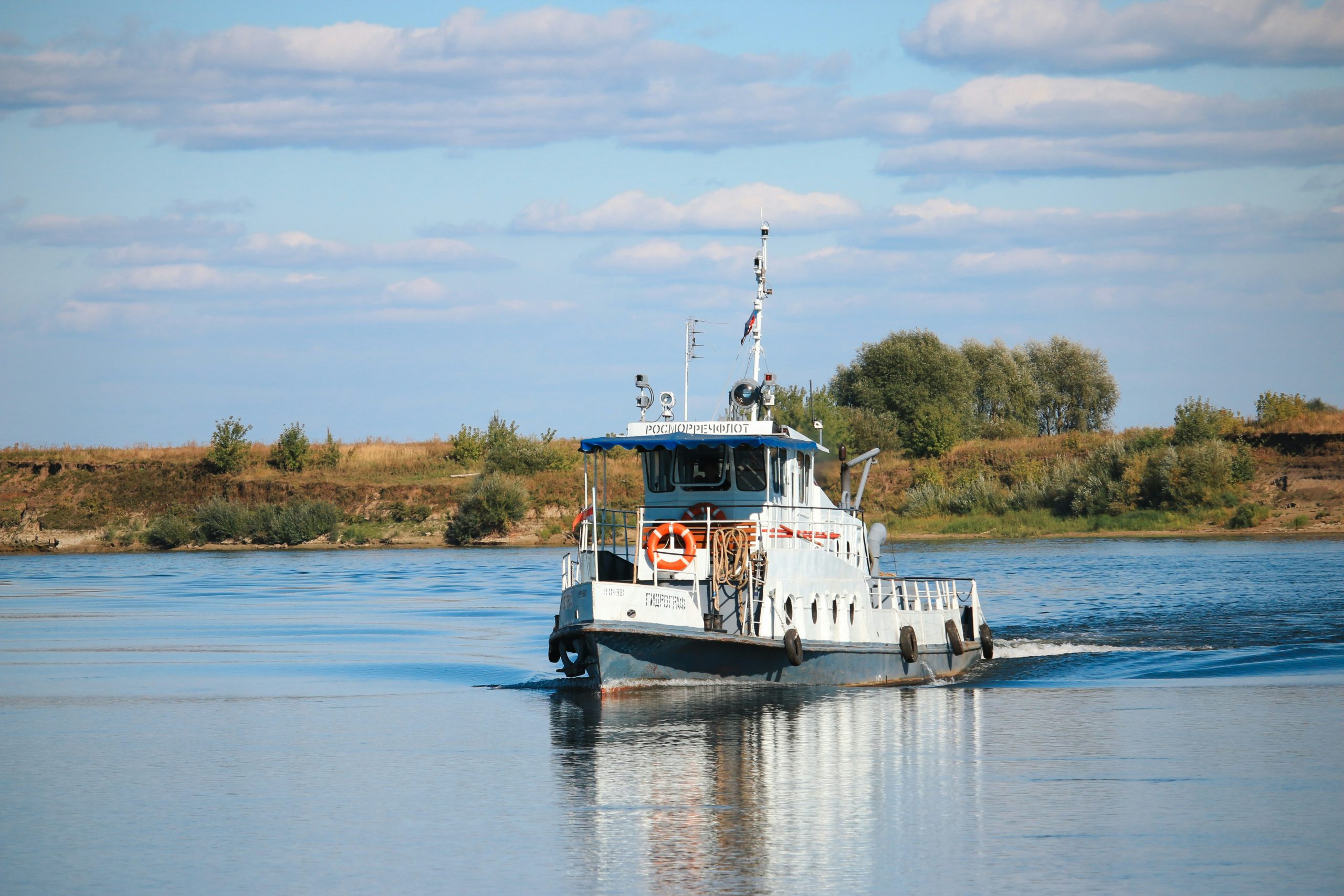As international shipping continues its push towards a low-carbon future, the International Maritime Organisation (IMO) has released the draft Green Voyage 2050 Work Package Template (WPT) Guide, an important step in helping smaller operators and developing nations transition towards more sustainable propulsion methods.
This guide is intended to assist small shipowners and ship operators in developing countries to understand and implement sustainable ship propulsion technologies.
The IMO writes:
“IMO Green Voyage2050 is supporting shipping’s transition towards a low carbon future. Working with selected developing countries around the world, including Small Island Developing States (SIDS) and Least Developed Countries (LDC’s), and partnering with maritime-related international associations, other UN organisations, and the industry, this global project is supporting reduction of Greenhouse Gas (GHG) emissions from shipping, in line with the levels of ambition set out in the IMO GHG Strategy”.
The initiative forms part of the broader Green Voyage2050 project, designed to build technical capacity and share practical guidance with those nations most in need of support in meeting the IMO’s GHG reduction targets.
Inclusive Development and Stakeholder Input
It is particularly encouraging that the IMO has asked stakeholders in some of the world’s most environmentally fragile regions to participate in drafting the guide. Their perspectives will be crucial in ensuring the recommendations are realistic, regionally adaptable, and grounded in the operational realities of small and developing economies.
The deadline for stakeholder feedback was 30 October, and it will be interesting to see how these observations are reflected in the final version of the guide.
The completed Green Voyage 2050 WPT Guide is expected to be available shortly. Once released, it will likely serve as a key reference for maritime organisations and policymakers navigating the path toward low-carbon shipping.
As the industry awaits the final version, attention will turn to how effectively it translates ambition into practical frameworks, particularly for those nations that stand to benefit most from sustainable and affordable maritime innovation.
Reina Maria van Pallandt
Reina Maria van Pallandt is a senior disputes resolution lawyer with dual British and Dutch nationality. After obtaining an LLB Honors degree in Dutch Law and Public International Law at the University of Amsterdam (UvA), Reina Maria studied International Law of the Sea at London School of Economics (LSE).

